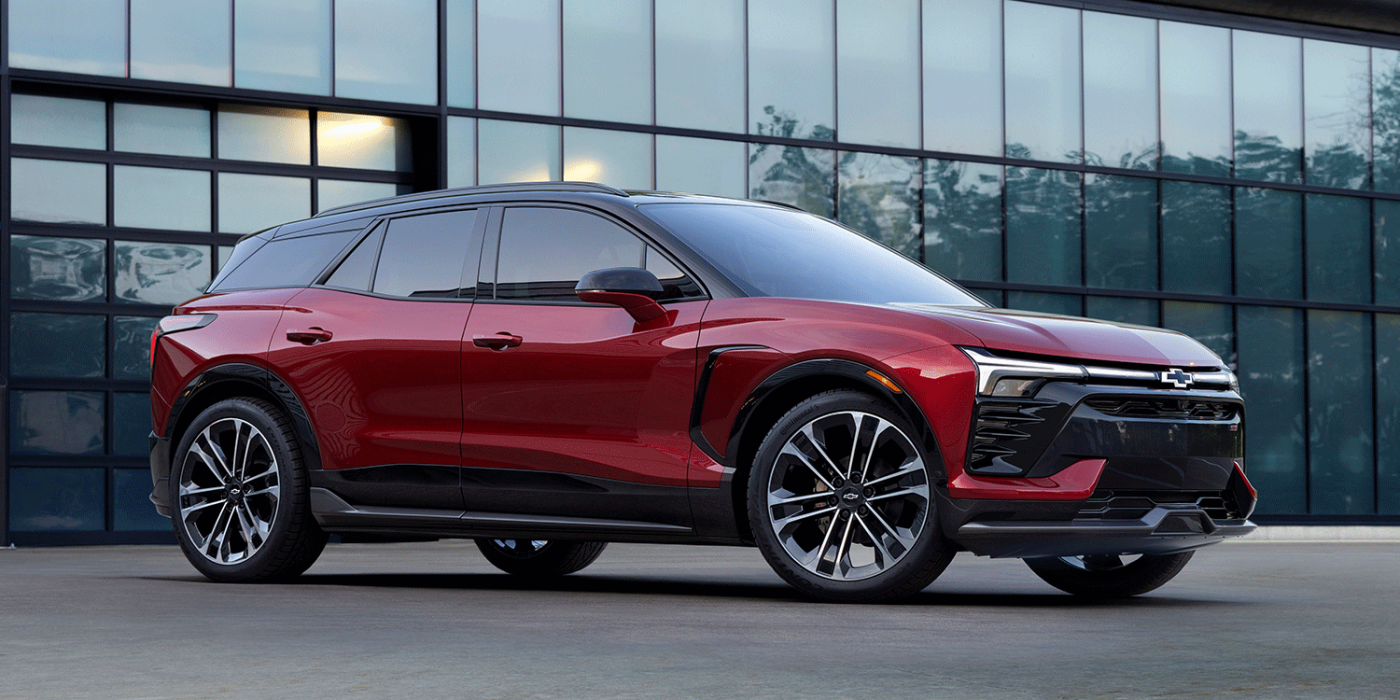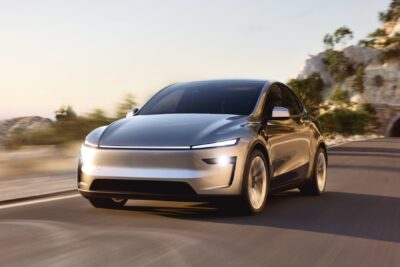Inflation Reduction Act passes the US House of Representatives
The Inflation Reduction Act, which also includes the reform of the EV tax credit, has now passed the House of Representatives after the Senate and is expected to be signed by President Joe Biden in the coming days. The new eligibility requirements will make most electric models ineligible for the tax credit.
After the package was repeatedly reduced in the Senate in numerous rounds of negotiations, the vote in the House of Representatives was considered a formality due to the majority ratios there. The same applies to the final signature of US President Biden. Even in its greatly reduced scope, the climate-related expenditure of 369 billion US dollars is the largest climate package ever passed in the USA.
For the tax credit on the purchase of an electric car, the changes are massive – it remains at the maximum $7,500 subsidy amount, but the requirements to qualify for the full subsidy have been tightened enormously. And the requirements will continue to increase in the coming years. The Alliance for Automotive Innovation, whose members include the US corporations GM and Ford, as well as BMW, Mercedes-Benz, Porsche and Hyundai-Kia, estimates that 70 per cent of BEVs and PHEVs will no longer be eligible for subsidies as early as 2023.
“The $7,500 credit might exist on paper, but no vehicles will qualify for this purchase over the next few years,” said John Bozzella, executive director of the Alliance for Automotive Innovation.
Forbes magazine has published a list according to which only eleven vehicles would be eligible in the future from the current 72 – and some of them only with restrictions. These are the Chevrolet models Bolt EV, Bolt EUV, Blazer EV and Silverado EV. In the case of the Cadillac Lyriq, it depends on whether it is classified as an SUV or not – and thus which price cap applies (for passenger cars it is $55,000, for SUVs and pickups $80,000). The Ford F-150 Lightning, Mustang Mach-E and Nissan Leaf are eligible without further condition. In the case of the Tesla Model 3, it is only the basic equipment that is eligible; in the case of the Model Y, it depends on the options. And as the only vehicle from a German manufacturer, the VW ID.4 could receive the tax credit. But only if it is a vehicle assembled in Chattanooga with an SK-On battery from Georgia – the ID.4s imported from Zwickau so far do not meet this condition.
The carmakers deal with these requirements differently. Audi, Porsche and Kia have already told their customers that they will lose the tax credit, according to Reuters. Rivian and Fisker, on the other hand, are urging their customers to quickly sign a sales contract before Biden, for his part, puts the changes into effect. Vietnamese carmaker VinFast is advertising that reservation holders will receive a $7,500 rebate – whether or not it is a government credit.
electrek.co, forbes.com (vehicle list), reuters.com (Audi, Porsche and Kia), electrek.co (Fisker, Rivian), techcrunch.com (VinFast)





0 Comments